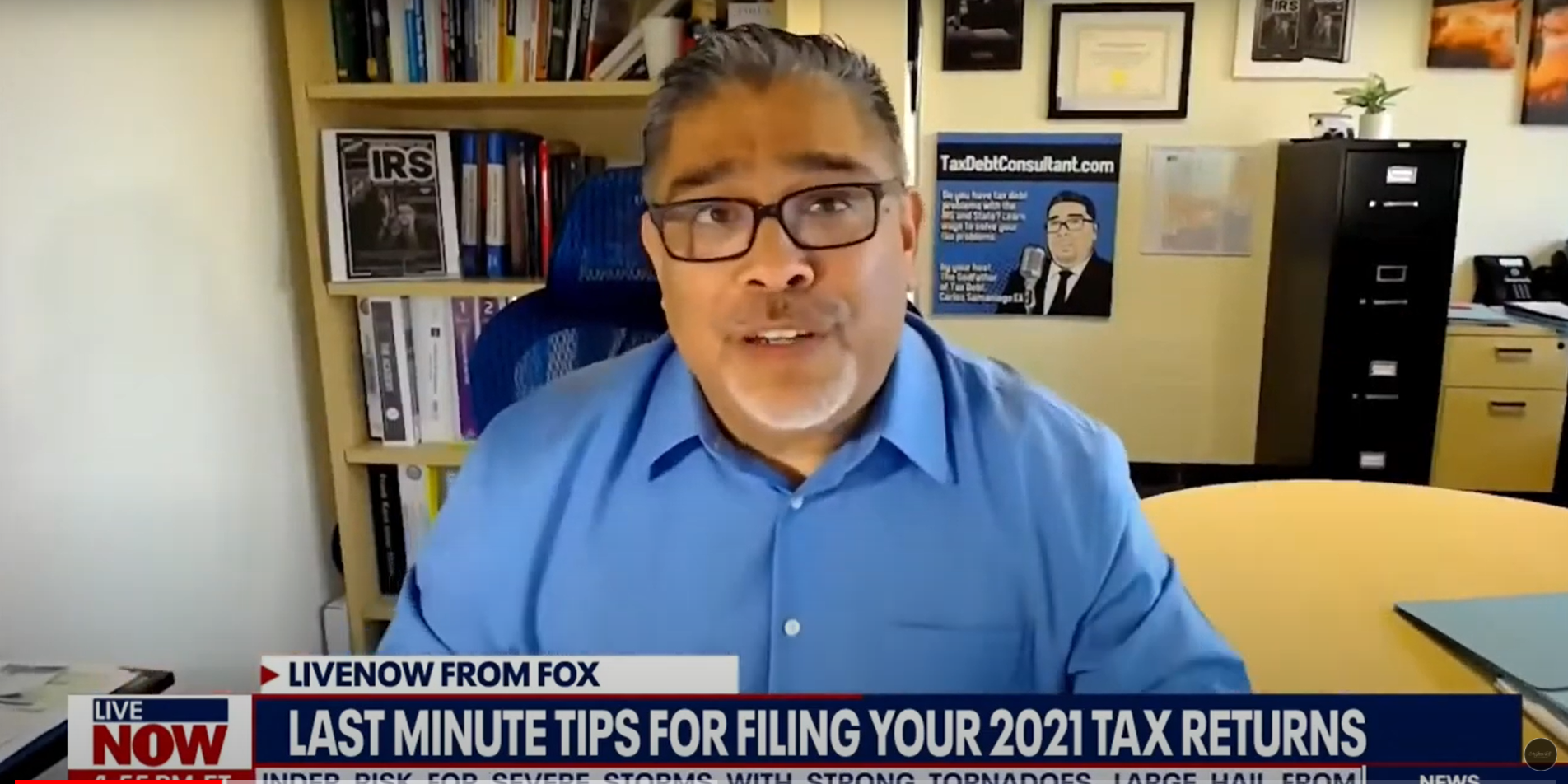IRS garnishment is a process that allows the Internal Revenue Service (IRS) to take money directly from your paycheck in order to settle unpaid taxes. Wage garnishment is a serious matter, as it can quickly cause financial hardship and have far-reaching consequences. If you are self-employed or have not been able to pay your taxes on time, understanding the basics of IRS garnishment is crucial. Let’s explore everything you need to know about this process, including how it works, potential consequences, how to avoid it, and what to do if you already have a wage garnishment from the IRS.
What is IRS Garnishment?
IRS garnishment is a legal process in which the government takes money from an individual’s wages or bank account in order to pay off unpaid taxes. The amount taken depends on the amount owed; however, there are limits on how much of an employee’s wages may be taken by the IRS through garnishment. This process can be used for any type of federal tax debt such as income tax, payroll taxes, or other types of federal debts like student loans.
How Does IRS Garnishment Work?
When the IRS decides that an individual owes back taxes, they will send out a series of notices informing them of their debt and requesting payment.. If payment has not been made or arrangements for repayment have not been made with the IRS, they will eventually issue a wage levy or bank levy which requires employers to withhold part of their employee wages until the debt has been paid off in full. Once issued, employers must comply with wage levies within 30 days; failure to do so could result in further action against them by the IRS.
What are the Consequences of Having Your Wages Garnished by the IRS?
The most obvious consequence of having your wages garnished by the IRS is that you will receive less monthly money since part of your paycheck will now go toward paying off your debt. This can lead to financial hardship and make it difficult for individuals who are already struggling financially due to unemployment or underemployment. Additionally, having your wages garnished can also hurt your credit score since it shows up as an outstanding debt on your credit report. This can make it more difficult for you to qualify for loans and other types of financing in the future.
How Can I Avoid IRS Garnishment?
The best way to avoid having your wages garnished by the IRS is by paying off any outstanding tax debts as soon as possible before reaching this point; however, if you find yourself facing an imminent wage levy then there are still steps you can take in order to avoid having this happen. One option would be to contact the IRS directly and set up a payment plan that allows you pay off your debt over time without facing any additional penalties or fees associated with late payments or unpaid taxes; another option would be filing bankruptcy which could help reduce some of your tax liabilities depending on certain factors such as income level and type of debt owed (i.e., income vs payroll). Lastly, if all else fails then speaking with a tax professional who specializes in dealing with delinquent taxes may be able to provide further guidance on avoiding wage levies from happening altogether.
Having one’s wages garnished by the Internal Revenue Service (IRS) can have serious ramifications both financially and personally; however, taking proactive steps such as paying back taxes when possible or setting up payment plans with the government can help individuals avoid this situation altogether. If one does find themselves facing wage levies from the government then speaking with a qualified tax professional may help provide additional guidance on avoiding these levies and working towards becoming current with one’s taxes again without facing too much financial hardship along the way! Understanding what is at stake when dealing with delinquent taxes can help ensure that individuals don’t find themselves facing unnecessary financial duress down line due to back owed tax liabilities!
Download my free book: http://TaxDebtBook.com
Visit Me: TaxDebtConsultant.com
TEXT ME!! +1 (909) 909-345-9215
Office: (909)570-1103
Book an Appointment: CallTaxEA.com







